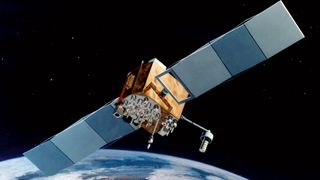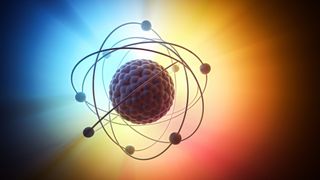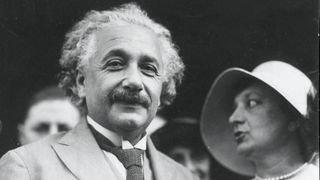Physics & mathematics
Explore Physics & Mathematics
Editor's Picks
Latest about Physics & Mathematics
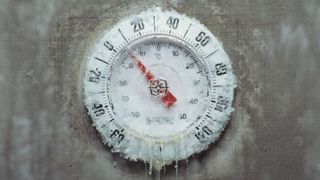
Is it possible to reach absolute zero?
By Victoria Atkinson published
To reach absolute zero, all of the particles within an object have to stop moving.
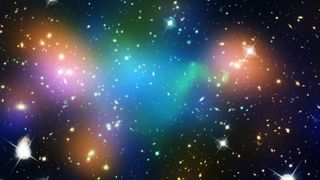
Millions of invisible 'mirror stars' could exist in the Milky Way, and astronomers know how to find them
By Paul Sutter published
An entire universe made of 'dark' particles could exist within our own, and astronomers may know the first place to look: In the mysterious hearts of supposed 'mirror stars'.
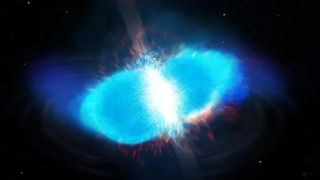
1st evidence of nuclear fission in stars hints at elements 'never produced on Earth'
By Sharmila Kuthunur published
An analysis of 42 ancient stars in the Milky Way reveals the first hints of nuclear fission in the cosmos, hinting at the existence of elements far heavier than anything found naturally on Earth.
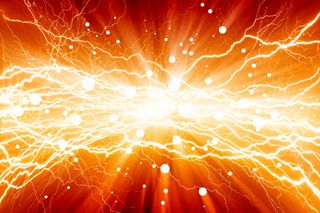
Electricity flows like water in 'strange metals,' and physicists don't know why
By Ben Turner published
A weird phenomenon in which electricity flows like water was spotted in a nanowire made of "strange metal" — a bizarre metal phase that has stumped physicists for 40 years.
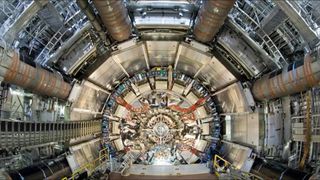
Large Hadron Collider could be generating dark matter in its particle jets
By Keith Cooper published
If dark matter is made from "dark" versions of the basic building blocks of ordinary matter, the world's largest particle accelerator should be able to pin it down, a new study suggests.
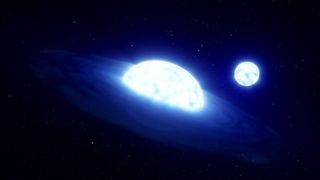
'Vampire' stars that bleed their companions dry may have a hidden accomplice, new study reveals
By Anna Demming published
Scientists suspect that type-Be 'vampire' stars grow by preying on their smaller companions. New research suggests there may be an important third player in these systems.

How long is a second?
By Victoria Atkinson published
The length of a second depends on how you're measuring it.
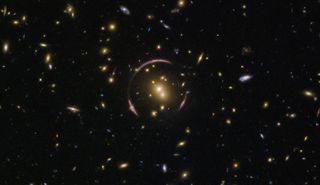
Einstein must be wrong: How general relativity fails to explain the universe
By Valerio Faraoni, Andrea Giusti published
As new and powerful telescopes gather fresh data about the universe, they reveal the limits of older theories like Einstein's relativity.
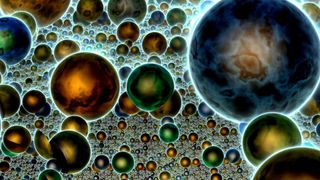
Many physicists think we live in a multiverse. But they're getting a simple math rule wrong.
By Philip Goff published
Our universe seems to be perfectly suited for life. But anyone who claims that's evidence of a multiverse is falling prey to a logical fallacy.
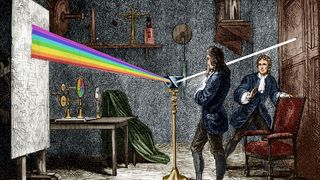
'Refraction is then all there is to it': How Isaac Newton's experiments revealed the mystery of light
By Philip Ball published
In this extract from the new book Beautiful Experiments: An Illustrated History of Experimental Science, science writer Philip Ball explains how Isaac Newton transformed our understanding of light.
Sign up for the Live Science daily newsletter now
Get the world’s most fascinating discoveries delivered straight to your inbox.
